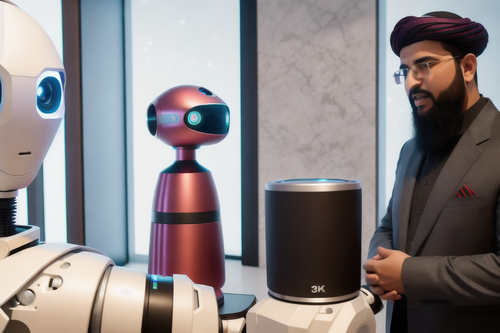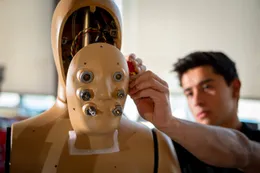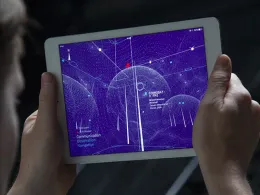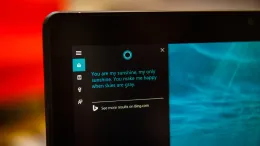
Iran thinks the AI will help Mullahs with issuing fatwas. Lord, save us all.
AI has a proven track record of acting like a racist, sexist, and murderous piece of techy shit. Let's hope an AI fatwa doesn't end up causing a nuclear war.

AI has a proven track record of acting like a racist, sexist, and murderous piece of techy shit. Let's hope an AI fatwa doesn't end up causing a nuclear war.

Get ready to blast off into a world of cosmic comedy with the untold story of space pens! From pen-tastic mishaps to gravity-defying doodles, this laugh-out-loud journey will have you rolling in the interstellar aisles.

Move over, Olympians! ANDI, the profusely sweating robot, is here to show you how it's done. With its internal cooling system and heavy breathing skills, ANDI is the ultimate hot weather champion. Who needs humans when we have a sweaty android to save the day?

Step into the fantastical world of AR WiFi visualizers, where WiFi signals come to life before your eyes. Troubleshoot connection issues and find the ultimate router spot with a touch of magic. Prepare to be mind-blown!

In a surprising move, Microsoft has announced the end of support for Cortana, its once-promising virtual assistant on Windows. Windows users are left pondering their digital loneliness, wondering who will answer their questions and keep them company. Farewell, Cortana.
A Carnegie Mellon University study reveals starting your brainstorming process with Google can be detrimental to the group's creativity.
Teams relying much on search engines often produced inundatingly same, less original ideas due to a cognitive bias called "fixation effect," where seeing popular answers converges our thought process instead of diverging it.

While individuals weren't necessarily dumber with Google, groups of Google users seemed to get stuck in a rut, often coming up with the same common ideas, sometimes even in the same order! Talk about a copy-and-paste creativity crisis.
"This appears to be due to the fact that Google users came up with the same common answers, often in the same order, as they relied on Google, while non-Google users came up with more distinct answers," explained lead author Danny Oppenheimer.
EDITORS' PICKS